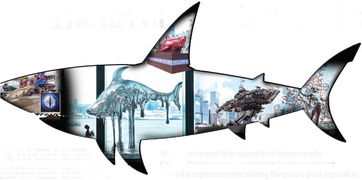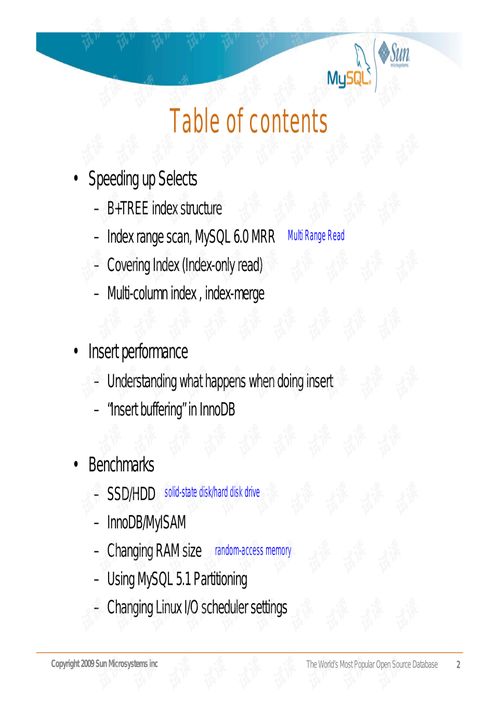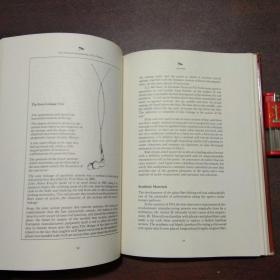Content:

As the summer sun beats down, the heat can be a formidable opponent for anglers looking to enjoy a day on the water. However, with the right strategies and techniques, you can still catch fish even in the sweltering heat. Here are some expert tips on how to fish effectively in hot weather.
Choose the Right Time of Day
One of the most crucial aspects of fishing in hot weather is timing. Early morning and late evening are typically the best times to fish, as these periods offer cooler temperatures and reduced sunlight. Fish are more active during these times, making them more likely to bite. If you can't fish during these optimal hours, try to fish in the shade or in areas with cooler water, such as under bridges or in the shade of trees.
Select the Right Lures and Baits
In hot weather, fish are less likely to chase after fast-moving lures or aggressive baits. Instead, opt for slower-moving lures or baits that mimic natural prey. Soft plastics, like worms or grubs, are often effective in hot weather. You can also try using smaller lures or baits to reduce the amount of energy fish need to exert to catch them.
Adjust Your Presentation
When the weather is hot, fish are more likely to be in a resting state. To trigger a bite, you'll need to adjust your presentation accordingly. Instead of casting out and retrieving quickly, try a slower, more deliberate approach. Let your lure or bait sink to the bottom, then slowly retrieve it with short, erratic twitches. This mimicry of natural prey movement can be more effective in hot weather.
Keep Your Gear Cool
In hot weather, your fishing gear can become a liability. Keep your fishing rods, reels, and lures in a cooler with ice or a cold pack to prevent them from overheating. This will not only help maintain the effectiveness of your gear but also ensure that your hands remain cool and comfortable during your fishing trip.
Stay Hydrated and Cool
Fishing in hot weather can be physically demanding. Make sure to stay hydrated by drinking plenty of water throughout the day. Additionally, dress in lightweight, breathable clothing and consider wearing a hat or cap to protect yourself from the sun. You might also want to bring a portable fan or cooling towels to help keep you cool.
Fish in Cool Water
Fish are more active in cooler water, so target areas where the water is cooler. This could be deep holes, shaded areas, or streams with a constant water flow. The cooler water will not only make the fish more likely to bite but will also help you stay more comfortable during your fishing trip.
Be Patient and Observant
Fishing in hot weather requires patience and a keen eye. Fish may be less active, and bites can be few and far between. Stay focused and observe the water for any signs of fish activity, such as surface disturbances or bubbles. These subtle cues can indicate the presence of fish and help you determine the best spots to cast.
Use Live Bait When Necessary
While artificial lures and baits are often more effective in hot weather, there are times when live bait can be a game-changer. Live bait, such as minnows or crayfish, can be more appealing to fish in hot conditions. However, ensure that your live bait is kept cool and healthy by using a well-ventilated live well or a small, aerated container.
Be Mindful of the Weather Forecast
Always check the weather forecast before heading out to fish. If a heatwave or severe weather is expected, it may be best to reschedule your trip. Safety should always be your top priority, and fishing in extreme heat can be dangerous.
Practice Catch and Release
In hot weather, it's even more important to practice catch and release fishing to minimize the stress on the fish. Once you've landed a fish, quickly take the hook out and release it back into the water. This will help the fish recover more quickly and increase its chances of survival.
By following these tips and techniques, you can increase your chances of success when fishing in the heat. Remember, the key is to be patient, adapt to the conditions, and prioritize your comfort and the well-being of the fish. With the right approach, you can still enjoy a productive and enjoyable day on the water, even in the height of summer.












